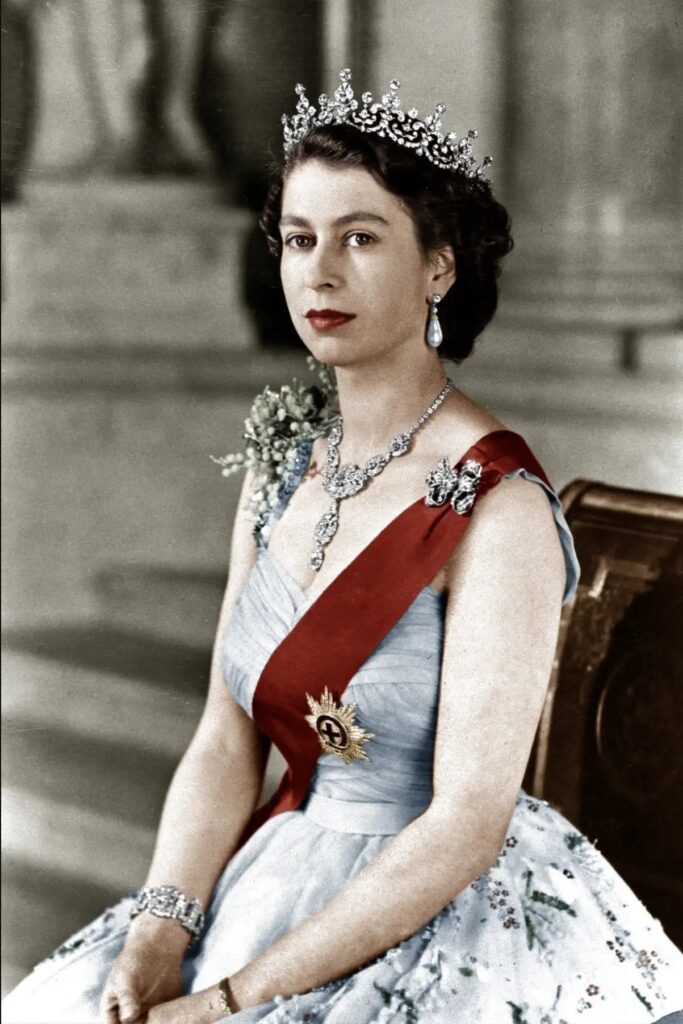Monarchs aren’t what they once were, to be sure. The First World has no recognized kings or queens who wield the powers once associated with those titles. Elizabeth of the House of Windsor, a.k.a. Queen Elizabeth II of the United Kingdom of England, Scotland, Northern Ireland, and Wales, certainly didn’t wield the powers of Henry VIII. Yet in the wake of her long and gentle life, many in the First World sense that something large, and ultimately more significant than mere political power, has departed.
Perhaps it was graciousness: the virtue nominally vital to those of the aristocracy yet so rare among today’s aristocrats.
Though the British Royal Family has known its scandals – could anyone be ignorant of Charles’s dalliance with Camilla Parker-Bowles while he was still formally married to Diana Spencer, or the tabloidesque death of Diana after a high-speed chase? – nothing touched Elizabeth. Even at the passing of her beloved consort Prince Philip Mountbatten, Duke of Edinburgh, she indulged in no great show of public mourning. She maintained at all times that most English of all English attributes: a dignified reserve. Her bearing was queenly in the best sense of the word.
Perhaps this is the proper function of the monarch in the Twenty-First Century. Rather than wield the powers of life and death, powers no mortal truly deserves, let them show us what is best in their nations. Let them exemplify to their nations the virtues that ought to live at their core, that their subjects shall be known for them wherever they may go. Elizabeth did that. May God gather her to His bosom and hold her close. Requiescat in pacem.















